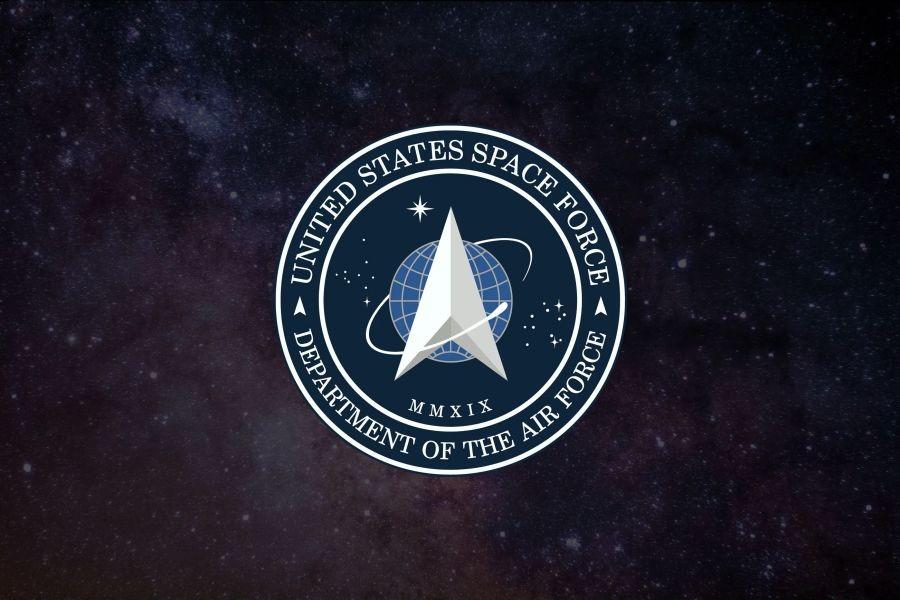In recent years, the concept of a national space force has gained significant traction globally, sparked by the establishment of the United States Space Force (USSF) in 2019. As Australia contemplates its position in the burgeoning space domain, the question arises: should Australia follow suit and establish its own space force? This article delves deep into the implications, potential benefits, and challenges of such a move from Australia's perspective, underpinned by a critical examination of economic, regulatory, and technological contexts.
Australia's Space Ambitions: A Growing Interest
Australia has demonstrated a keen interest in expanding its presence in space. The establishment of the Australian Space Agency (ASA) in 2018 marked a pivotal step towards fostering domestic space capabilities. The ASA's goal to triple the size of the space sector from $3.9 billion in 2018 to $12 billion by 2030 reflects Australia's ambition to become a significant player in the global space industry. With such aspirations, the idea of a space force might seem like a natural progression.
The Economic Implications of a Space Force
One of the primary considerations for establishing a space force is the economic impact. According to the Australian Bureau of Statistics (ABS), the space sector could contribute significantly to job creation, with projections indicating up to 30,000 new jobs by 2030. Additionally, investing in a space force could catalyze advancements in technology and infrastructure, fostering innovation across various industries.
However, the financial burden cannot be overlooked. The USSF's budget for 2022 was approximately $17.4 billion. While Australia's version might not require a similar scale, the cost implications are substantial. Balancing potential economic benefits with fiscal responsibility remains a critical challenge.
Regulatory Insights: Navigating Complex Legal Terrain
Creating a space force involves navigating a complex regulatory landscape. The Australian Competition & Consumer Commission (ACCC) and the Australian Communications and Media Authority (ACMA) would play pivotal roles in ensuring compliance with domestic and international laws. Moreover, the legal implications of space militarization, in light of the Outer Space Treaty of 1967, which Australia is a signatory to, must be carefully considered.
Australia's current regulatory frameworks focus on peaceful and cooperative space activities. Introducing a military component would require substantial legal adjustments, potentially leading to international scrutiny and diplomatic challenges.
Technological Capabilities: Current Status and Future Needs
Australia's technological capabilities in space are evolving but still nascent compared to global leaders like the US and China. The development of a space force would necessitate significant investments in technology and infrastructure. Collaboration with international partners, particularly the US, could be crucial in bridging technological gaps.
Furthermore, integrating advanced technologies such as satellite communications, space-based surveillance, and cybersecurity measures would be imperative. Australia's tech industry, supported by entities like the Commonwealth Scientific and Industrial Research Organisation (CSIRO), could play a vital role in these developments.
Case Study: United States Space Force - Lessons for Australia
The USSF's establishment provides valuable lessons for Australia. The USSF was designed to streamline space operations across the military, improve satellite communications, and enhance space-based defense capabilities. However, it faced criticism over budget allocations and the challenge of integrating with existing military branches.
For Australia, the key takeaway is the importance of strategic planning and clear objectives. A potential Australian Space Force must align with national defense priorities while ensuring efficient resource allocation and minimizing bureaucratic overlaps.
Pros and Cons of Establishing an Australian Space Force
Pros:
- Enhanced National Security: A space force could bolster Australia's defense capabilities, particularly in surveillance and communication.
- Economic Growth: The space sector's expansion could drive innovation and job creation.
- Global Influence: Establishing a space force could elevate Australia's standing in international space policy discussions.
Cons:
- Financial Burden: The cost of establishing and maintaining a space force could strain public finances.
- Regulatory Challenges: Legal and diplomatic hurdles could arise, particularly concerning international treaties.
- Technological Limitations: Significant investments in technology and infrastructure would be required to match global standards.
Common Myths and Misconceptions
Myth: "A space force is solely about militarization."
Reality: While defense is a component, space forces also focus on technological advancements and international collaboration.
Myth: "Australia lacks the capability to establish a space force."
Reality: With strategic investments and international partnerships, Australia could develop a competitive space force.
Myth: "Space forces are unnecessary in peaceful times."
Reality: Space forces play a crucial role in disaster management, satellite communications, and technological innovation.
Future Trends and Predictions
As space becomes increasingly contested, the strategic importance of space forces will continue to grow. By 2030, it is predicted that space will be a central component of national defense strategies globally. For Australia, aligning its space ambitions with technological advancements and international cooperation will be key to maintaining competitiveness in this new frontier.
Conclusion
The decision to establish an Australian Space Force is multifaceted, involving economic, regulatory, and technological considerations. While the potential benefits are substantial, careful planning and strategic investments are crucial. As Australia continues to explore its space ambitions, balancing national security needs with fiscal responsibility and international cooperation will be paramount.
What are your thoughts on Australia's space ambitions? Share your insights and join the discussion below!
References
- Australian Bureau of Statistics (ABS)
- Australian Space Agency (ASA)
- Commonwealth Scientific and Industrial Research Organisation (CSIRO)
Related Search Queries
- Australia space force news
- Australian Space Agency goals
- Space industry growth in Australia
- Global space force trends
- Australia-US space collaboration






































PhyllisCar
7 months ago